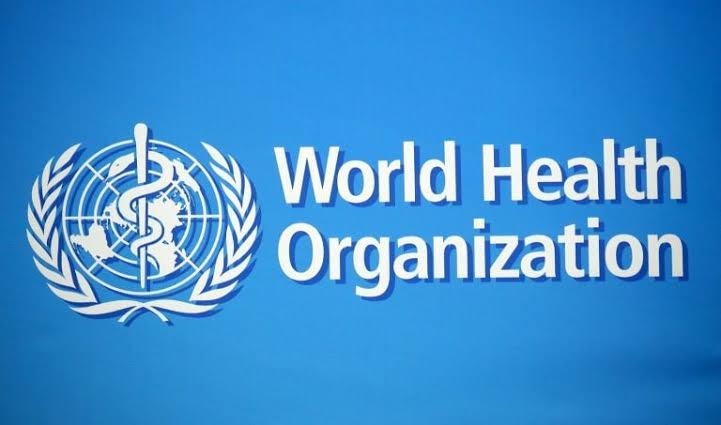By Zayamu Hassan
The World Health Organisation (WHO) has called for urgent action from all stakeholders so as to boost COVID-19 prevention measures in order to stop the emergency becoming a tragedy.
The WHO Regional Director for Africa, Dr Matshidiso Moeti, who made the call during a virtual press conference Wednesday, facilitated by APO Group also regretted the rampant spread of the more contagious variants of COVID-19, saying that it is pushing the threat to Africa up to a whole new level.
She, however, raised concern over the high speed and scale at which Africa’s COVID-19 third wave is spreading.
“The speed and scale of Africa’s third wave is like nothing we’ve seen before. The rampant spread of more contagious variants pushes the threat to Africa up to a whole new level.
“More transmission means more serious illness and more deaths, so everyone must act now and boost prevention measures to stop an emergency becoming a tragedy,” Dr. Moeti said
Cases of COVID-19 have increased in Africa for six weeks running and rose by 25 percent week-on-week to almost 202,000 in the week ending on June 27th, reaching nine tenths of the continent’s previous record of 224 000 new cases. Deaths rose by 15 percent across 38 African countries to nearly 3000 in the same period.
With case numbers doubling in Africa every three weeks, the Delta variant is spreading to a growing number of countries.
It has been reported in 16 countries, including nine with surging cases. It is the most contagious variant yet, an estimated 30 percent to 60 percent more transmissible than other variants.
It is in three of the five countries reporting the highest caseloads for the week ending 27 June. And it is dominant in South Africa, which accounted for more than half of Africa’s cases in the same period.
According to the latest country reports, the Delta variant was detected in 97 percent of samples sequenced in Uganda and 79 percent of samples sequenced in the Democratic Republic of the Congo.
In Uganda, 66 percent of severe illness in people younger than 45 years is attributed to the Delta variant. With rising case numbers and hospitalizations across the continent, WHO estimates that oxygen demand in Africa is now 50 percent greater than for the first wave peak one year ago.
The Alpha and Beta variants have been reported in 32 and 27 countries respectively. The Alpha variant has been detected in most countries in north, west and central Africa.
The Beta variant is more widespread in southern Africa. Both of these variants are more transmissible than the original virus.
Although eight vaccines have been shown to be safe and effective and have received WHO emergency use listing, shipments to Africa have dried up. Only 15 million people – just 1.2% of the African population – are fully vaccinated.
WHO has set up the African COVID-19 Vaccine Effectiveness Network to document the effectiveness of the available vaccines when used in the African context.
These studies assess the effectiveness of each vaccine against the variants circulating in the region.
“While supply challenges grind on, dose sharing can help plug the gap. We are grateful for the pledges made by our international partners, but we need urgent action on allocations. Africa must not be left languishing in the throes of its worst wave yet,” said Dr Moeti.


